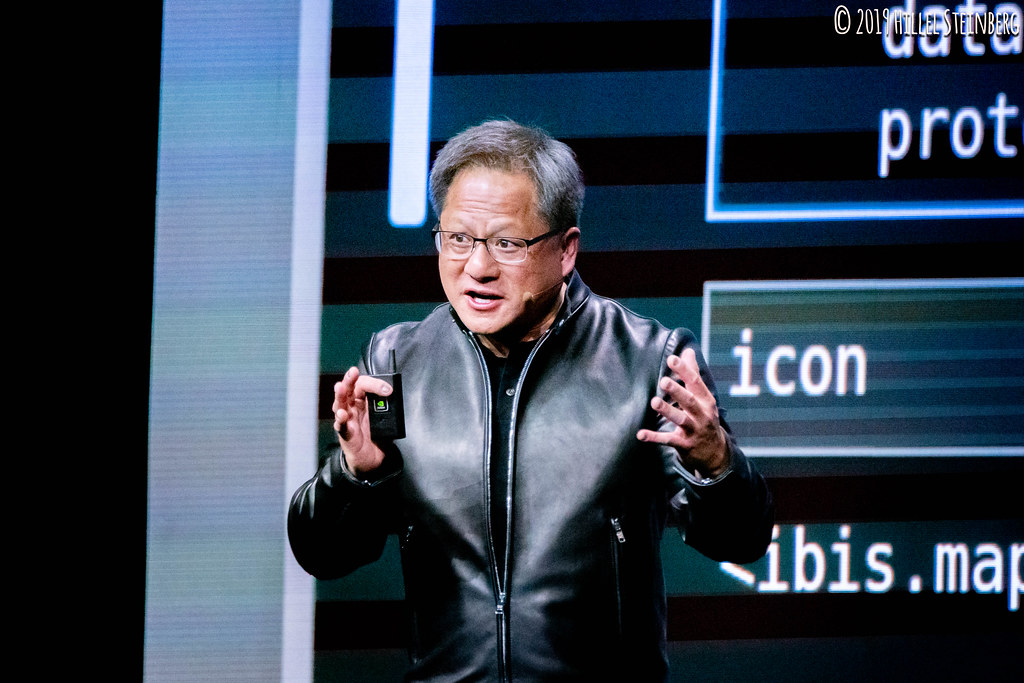
Nvidia announced Tuesday that it hopes to restart sales of its H20 general processing units (GPUs) to China, marking a significant victory after U.S. export restrictions halted shipments earlier this year.
In April, the U.S. government informed Nvidia that it would require a license to sell H20 chips to China, effectively stopping the company’s sales of the GPUs. The H20 was specifically designed to circumvent previous export controls targeting Beijing.
“The U.S. government has assured NVIDIA that licenses will be granted, and NVIDIA hopes to start deliveries soon,” Nvidia said in a statement.
CEO Jensen Huang Pushes Back on Export Restrictions
Nvidia CEO Jensen Huang has actively lobbied against export curbs, arguing that such restrictions undermine American technological leadership. In May, Huang revealed that the company’s China market share had dropped by nearly 50% due to these limitations.
The shift in U.S. policy comes after Huang met with President Donald Trump last week. Nvidia said that during the talks, Huang reaffirmed the company’s support for U.S. job creation, onshoring efforts, and America’s leadership in global AI innovation.
Last month, Washington and Beijing agreed on a preliminary trade framework that eased rare-earth export controls by China and relaxed some U.S. tech export restrictions.
Huang also announced a new “fully compliant” GPU model called RTX PRO, designed for smart factories and logistics. It remains unclear if this GPU specifically meets export requirements for China.
Reports since May suggested Nvidia was developing a less advanced AI chip tailored for the Chinese market.
Expert Reaction and Market Impact
Ray Wang, research director at Futurum Group, called the possible resumption of H20 shipments a “significant and positive development” for Nvidia, expecting it to boost growth in coming quarters.
Nvidia shares rose 4.5% on Robinhood shortly after the announcement.
On Tuesday, Nvidia confirmed that Huang was in China meeting with government and industry leaders to discuss AI advancements and safety.
When export controls began in April, experts expected domestic Nvidia alternatives, like Huawei, to benefit. While China’s AI chip industry is progressing, it still lags behind Nvidia and foundries such as Taiwan Semiconductor Manufacturing Co.
Louise Loo, lead economist for China at Oxford Economics, said reversing H20 restrictions would give Chinese manufacturers more time to develop indigenous technology, adding that manufacturers in China prefer Nvidia chips.
What The Author Thinks
This development underlines how difficult it is for export controls alone to fully contain technological influence in a globalized market. While restrictions may slow down sales temporarily, the demand and reliance on advanced chips like Nvidia’s in China remain strong. A balanced approach combining diplomacy, innovation, and strategic policy will likely be more effective than broad trade bans.
Featured image credit: Hillel Steinberg via Flickr
For more stories like it, click the +Follow button at the top of this page to follow us.

